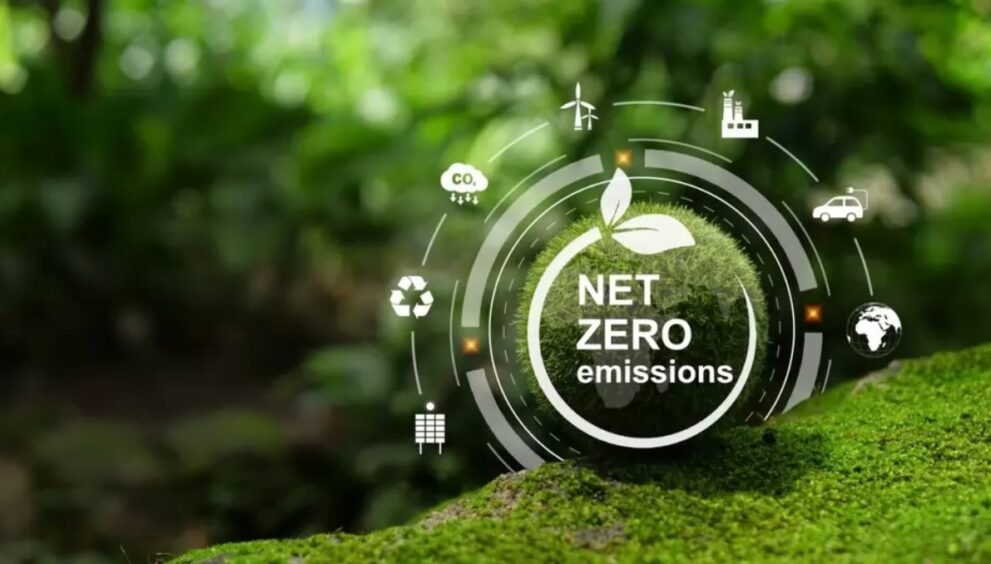India’s Emphasis On Sustainability Spotlighted At World Economic Forum

As the world’s third-largest oil importer and consumer, India relies on crude oil from various global sources to meet domestic demand
Union Petroleum Minister Hardeep Singh Puri reiterated India’s unwavering commitment to sustainability and a green energy transition during a ‘Energy amid Rivalry’ session at the World Economic Forum in Davos. Despite global challenges, Puri emphasised India’s determination to provide essential welfare to its large and growing population while staying dedicated to sustainability goals.
In acknowledging the world’s ongoing challenges, Puri stated, “In these new challenges that arise and how we face them, there is a global commitment. We have not allowed our domestic preoccupations in any way to undermine or dilute our commitment to sustainability.”
As the world’s third-largest oil importer and consumer, India heavily depends on global sources for crude oil to meet domestic demand. Puri recognised the imperative need for sustainability in a country of India’s magnitude, pointing out that economic growth, developmental challenges, and a rapidly expanding population necessitate this transition.
With India’s economy approaching USD 4 trillion and being the fastest-growing large economy, Puri informed the World Economic Forum about India’s growth rate exceeding 7 percent in the past three quarters. He underscored the global significance of India’s developments, stating, “Today, what happens in India is important for the rest of the world.”
Emphasising India’s pivotal role in global energy demand, Puri highlighted, “If you look at the global scenario today, India’s consumption is growing at three times the global average. In the next 20 years, India will account for 25 percent of the energy demand globally.”
Puri also discussed India’s pragmatic decisions amid rising oil prices, averting a potential crisis while maintaining a commitment to sustainability through initiatives like biofuel and green hydrogen programs.
Highlighting India’s environmental responsibility, Puri referred to the ambitious “Panchamrit” pledge made at COP26 in 2021. The five-part pledge aims for 500 GW of non-fossil electricity capacity, generating half of all energy from renewables, reducing emissions by 1 billion metric tonnes by 2030, decreasing emissions intensity of GDP by 45 percent, and achieving net-zero emissions by 2070.
Puri emphasised India’s proactive stance in confronting new challenges, reinforcing its dedication to a sustainable and resilient future.





































































































































































































































































































































































































































































































































































































































































































































































































































































































































































































































































































































































































